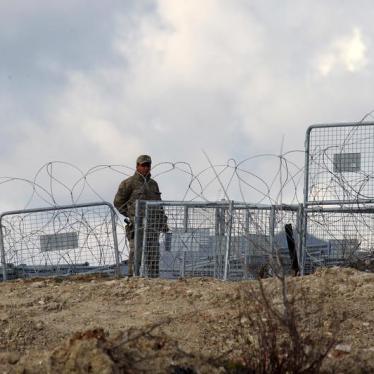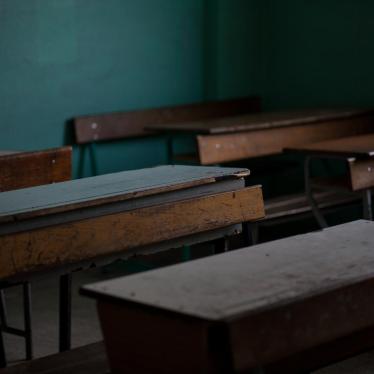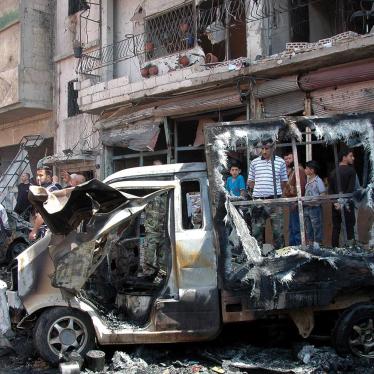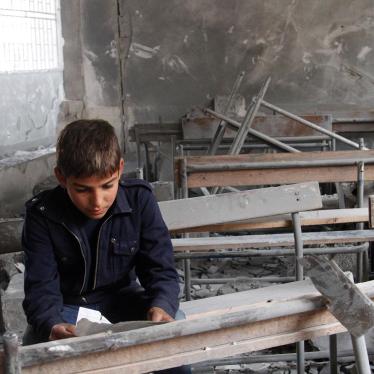Israel is allegedly pressuring United Nations officials in Jerusalem to keep the Israel Defense Forces off the UN secretary-general’s “list of shame” of armed groups that commit grave violations of children’s rights during armed conflict, the Guardian reported last week.
According to the article, senior Israeli officials warned the UN children’s agency working in Israel and Palestine not to discuss adding Israel to the list with local civil society groups, or face serious consequences.
It is, of course, understandable that Israel does not want to be on this annual UN list. No country does. That’s the point of the list.
But governments in Chad, Cote d’Ivoire, and Uganda fulfilled agreements with the UN to stop recruiting children as soldiers to get removed from the “list of shame.” It’s why other governments, including Afghanistan, Burma, the Central African Republic, the Democratic Republic of Congo, Somalia, South Sudan, and Yemen, have agreed to similar plans to reform their own practices to better protect children. The “list of shame” has been a remarkably effective tool in getting governments to improve their children’s rights records.
Effective tools are badly needed in the Israeli-Palestinian conflict. The fighting between Israel and Palestinian armed groups in Gaza last summer had a devastating toll on children. Israeli air attacks investigated by Human Rights Watch struck civilian structures and killed civilians, including children. Human Rights Watch investigations concluded that three attacks on schools by Israeli forces were unlawfully disproportionate or indiscriminate. Rocket attacks by Palestinian armed groups toward Israeli population centers sent children scurrying to bomb shelters and resulted in one child’s death. And Israel’s blockade of Gaza, reinforced by Egypt, has had a disastrous impact on the health and wellbeing of Palestinian children, curtailing the delivery of food, medicine, fuel, and other necessities.
Also not currently on the list: Hamas, which has taken no action to punish indiscriminate rocket and mortar attacks that hit Israeli schools, or the recruitment and use of children by the Qassam Brigades, or to investigate the armed groups that stored rockets in UN-run schools in Gaza.
It’s not just in Israel and Palestine that the UN has left certain groups off the list of shame. The Pakistani Taliban – whose attack on a school killed 132 children in Peshawar last year – have also never been included. Nor have the insurgents in southern Thailand who burn schools and shoot teachers.
The children of Palestine, Israel, Pakistan, and Thailand do not matter any less than the children of South Sudan, Afghanistan, Burma, or Yemen. The secretary-general should base his decision about who appears on the list not on politics, but on the standards agreed to by the UN Security Council: whether or not an armed force or an armed group, in contravention of applicable international law, recruits or uses children; engages in patterns of killing and maiming of children, or rape and other sexual violence against children; or engages in recurrent attacks on schools or hospitals, or against protected persons in relation to schools or hospitals. And Israel should stop pressuring UN officials into sweeping its violations under the rug, and instead thoroughly reform its accountability measures so that its forces will stop committing them.









